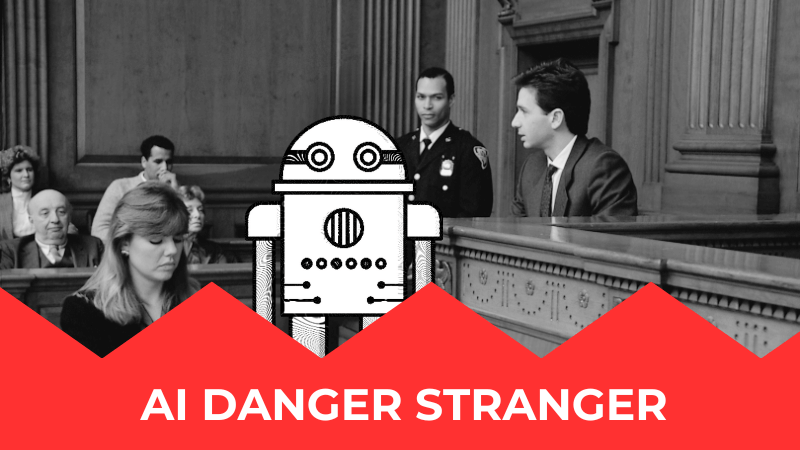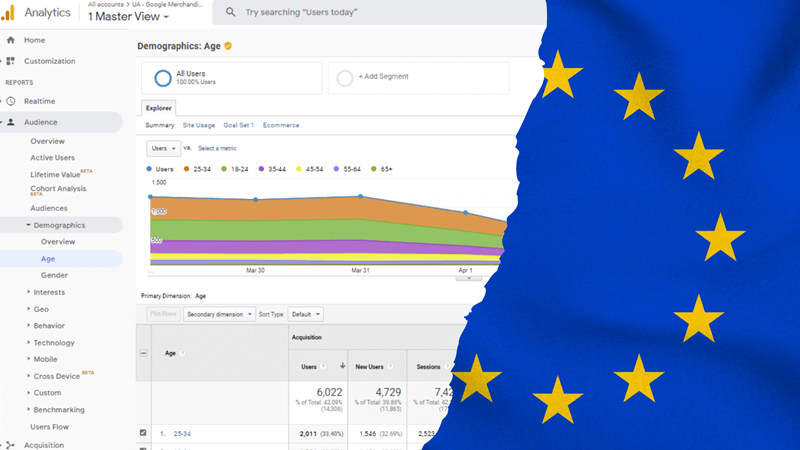AI has changed many industries, bringing innovation and efficiency to new heights. Among its varied applications, AI’s role in generating text-based content has garnered significant attention, especially in the realm of legal documents such as privacy policies and terms and conditions. But can AI, through platforms like ChatGPT developed by OpenAI, reliably undertake such critical tasks? Let’s delve into the intricacies of employing AI in this context.
Understanding AI and ChatGPT
Artificial Intelligence, particularly in the form of Generative Pretrained Transformers (GPT) like ChatGPT, has demonstrated remarkable capabilities in mimicking human-like text generation. These models are trained on vast datasets, enabling them to produce coherent and contextually relevant text based on the inputs they receive. The allure of utilizing such technology for drafting legal documents is evident, promising efficiency and accessibility in creating complex legal texts.
The Limitations of AI for Legal Documents
Despite the advanced capabilities of AI models like ChatGPT, they possess inherent limitations when tasked with generating legal documents. Legal drafting is a nuanced field that requires a deep understanding of law, precision in language, and an ability to tailor documents to specific circumstances and jurisdictions.
Disadvantages of Using AI for Privacy Policies and Terms
Deficit in Legal Knowledge: AI does not possess an intrinsic understanding of legal principles or the ability to interpret laws and regulations as a human lawyer would. This gap can lead to inaccuracies or oversights in legal documents.
Inaccuracy and Inefficiency: Generated documents might miss essential clauses or contain errors, leading to inefficiencies and potential legal vulnerabilities.
Read more about the woes of litigant who unwittingly put fake cases generated by AI before tribunal
Lack of Customization: AI-generated documents may not adequately reflect the unique aspects of a business’s operations, failing to provide the bespoke protection or clarity required.
The Potential Risks Involved
Employing AI to draft critical legal agreements without proper oversight can expose businesses to significant risks. These include non-compliance with complex regulations like GDPR or CCPA, leading to legal penalties and reputational harm. Moreover, inadequately drafted documents may fail to protect the business adequately, opening the door to disputes and liabilities.
The Role of Legal Professionals
The drafting of privacy policies and terms and conditions is inherently complex, demanding a level of expertise and judgment that AI currently cannot offer. Legal professionals bring to the table an understanding of legal nuances, the ability to anticipate potential legal issues, and the skill to craft documents that precisely fit a business’s needs.
Integrating AI with Human Expertise
Nevertheless, AI can serve a complementary role in the legal drafting process. It can be used to generate initial drafts or provide templates that legal experts can then review, refine, and customize. This synergy between AI’s efficiency and human expertise ensures the production of accurate, compliant, and tailored legal documents.
Without appropriate human review, you are risking using inaccurate or downright fake information. In 2023, a lawyer used LegalMind, an AI legal document summariser, to generate headnotes for a brief filed in a California court. However, the headnotes contained inaccurate and misleading summaries of the cases cited by the lawyer, and the court rejected the brief as deficient.
Conclusion
Short answer: No, not yet.
Long answer: While AI technologies like ChatGPT offer promising avenues for innovation across various fields, their application in generating privacy policies and terms and conditions is best approached with caution. The current state of AI technology does not yet allow it to replace the nuanced, expertly informed process of legal drafting fully. However, when used judiciously as a tool alongside the expertise of legal professionals, AI can contribute to streamlining the creation of these vital documents. The key lies in harnessing AI’s strengths while mitigating its limitations through careful oversight and human expertise, ensuring legal documents that are both efficient and compliant.
And, as always, check with your Data Protection Officer, whether your Privacy Policy meets appropriate compliance standards.
No Cookie Banners. Resilient against AdBlockers.
Try Wide Angle Analytics!



